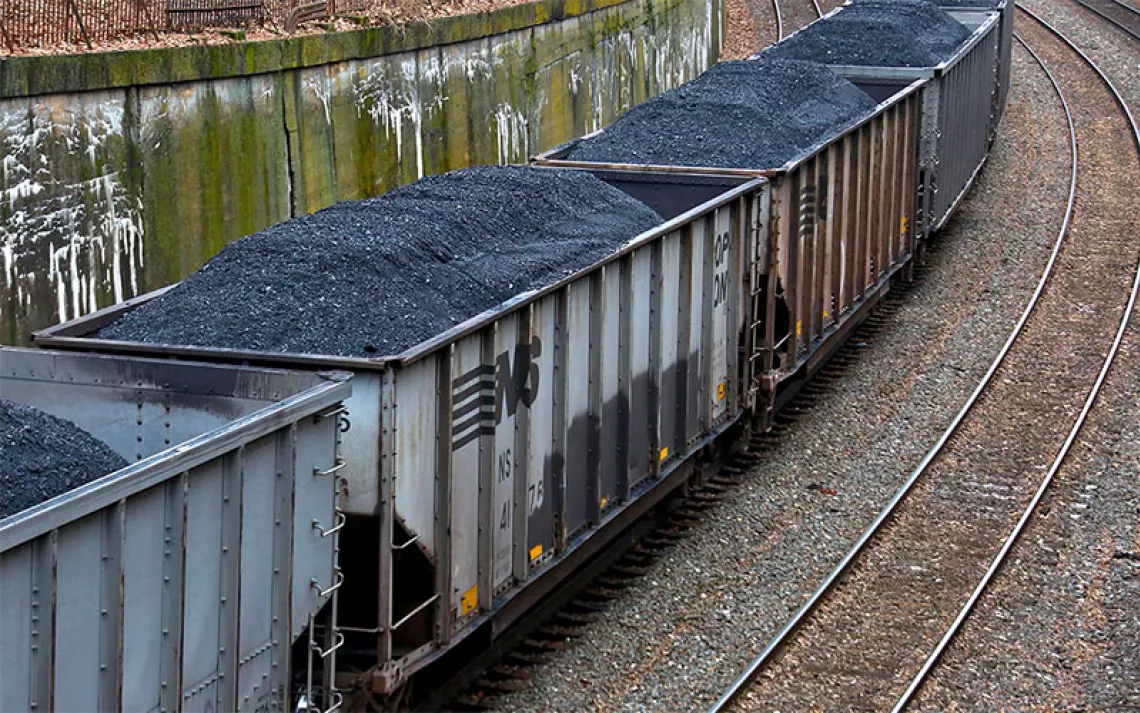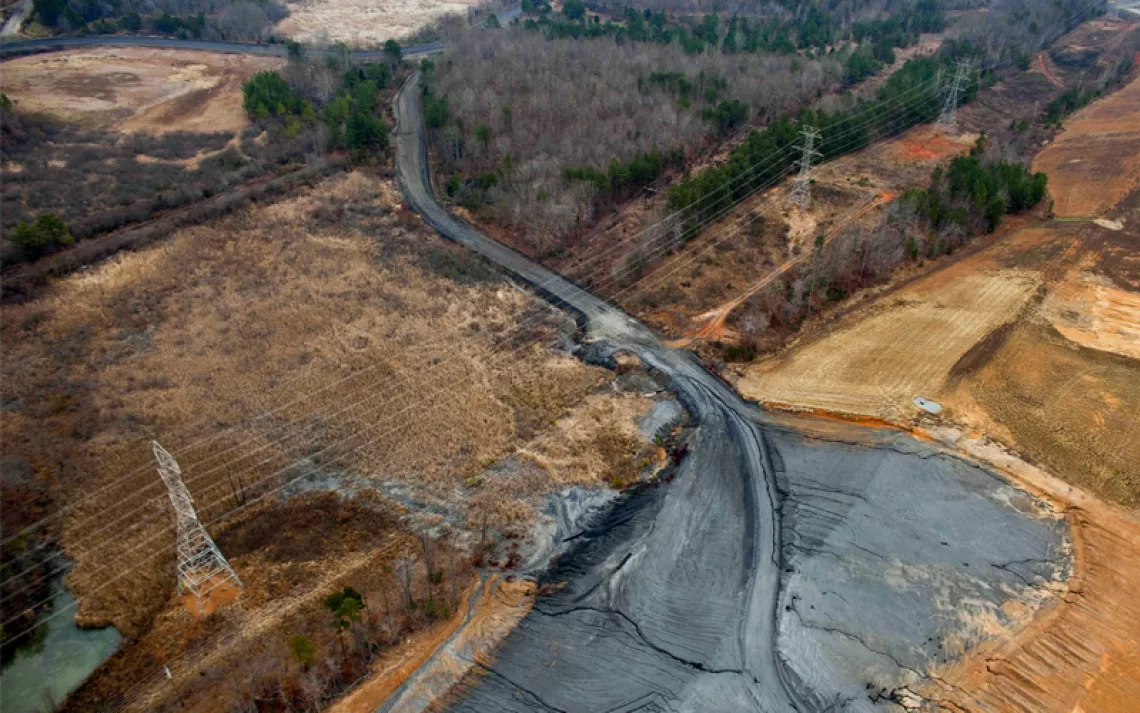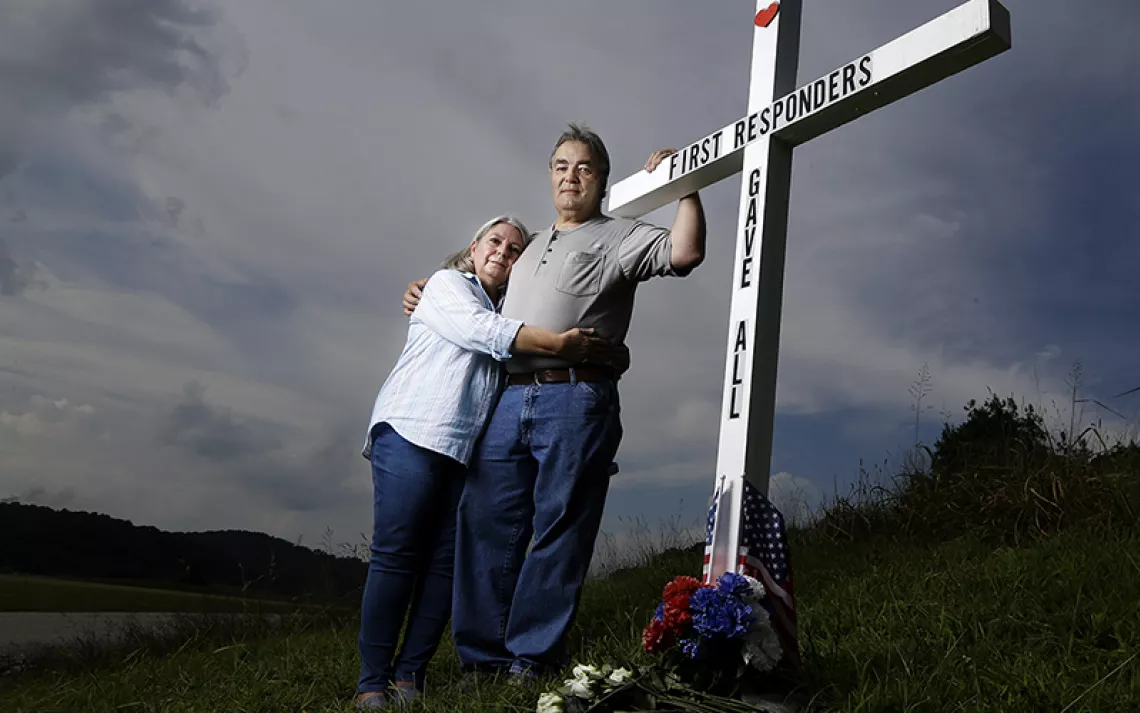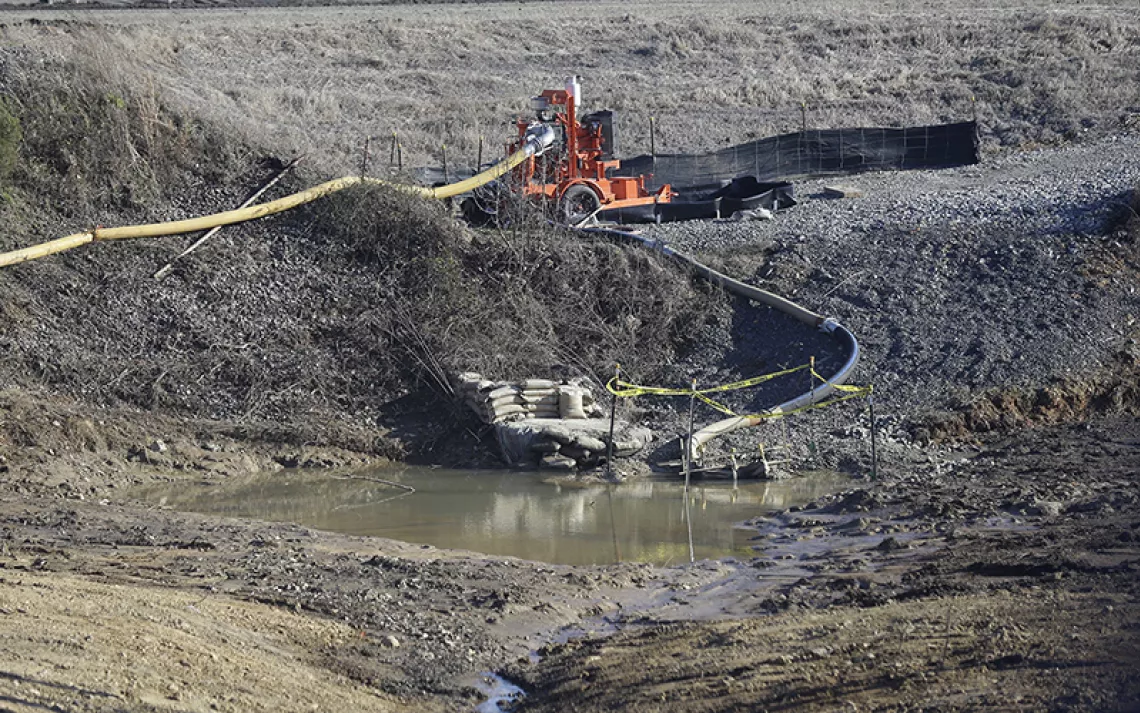Patricia Schuba Is Cleaning Up Missouri
She fought a coal-ash dump. Now she's running for office.
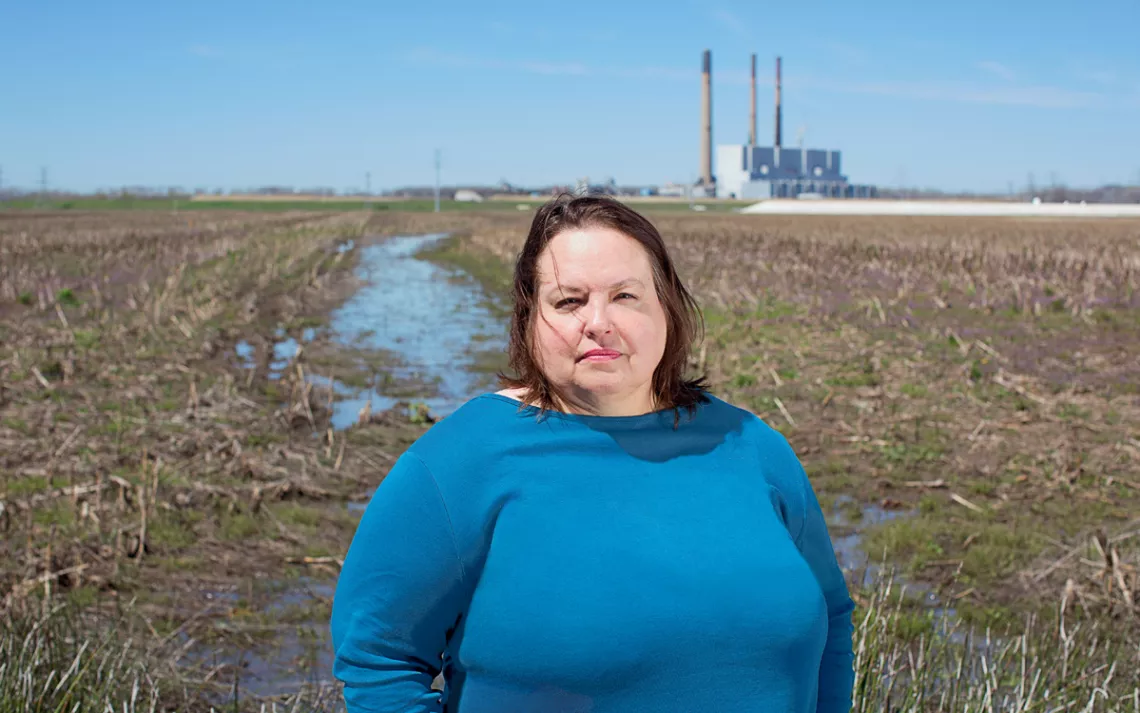
Patricia Schuba, president of the Labadie Environmental Organization | Photo by Jennifer Silverberg
- Name: Patricia Schuba
- Location: Labadie, Missouri
- Contribution: Sierra Club representative for the Missouri Clean Energy Coalition; president of the Labadie Environmental Organization
How did you become president of the Labadie Environmental Organization? In 2009, Ameren Missouri, the largest privately owned utility in the state, decided to build a coal-ash dump in the floodplain of the Missouri River near Labadie. I was picking up my niece and nephew from school one day, and the science teacher started telling me about it through the car window. Before I knew it, I was meeting with a planning group in someone's living room. Then I formed a science committee to review all the literature on coal waste. Pretty soon, I was all in.
Are you from Labadie? My family has lived in this area since the mid-1800s. A ridge runs above the floodplain, and that's where we all have farms. It was easy to step up and fight.
Did you stop the coal-ash dump? Our goal was for it to be sited in a safer location, away from the floodplain and the water table. But in May 2015, we dropped our case in order to get the utility to build the landfill to better specifications: five feet higher, with special liners and an exterior barrier, with no coal waste used in the construction other than the ballast, and with zero ash coming from elsewhere.
In a rational world, we would never put arsenic, lead, cadmium, or chromium in water. It's not right that the Labadie Power Station operates without scrubbers, that it pushes at least 16 million gallons of wastewater from ash ponds into the Missouri River every day. People drink that water. So the fight's not over.
What's next? If the utility weren't so politically powerful in our state, I'm certain we could have stopped it. But what you realize is that who you elect and your role as a citizen are both really, really important to make sure democracy works.
We're working with other organizations to get more environmentally minded people elected. One of those people, I hope, will be me—I'm running for state representative in the 2018 election. What started as a group sitting around a table saying, "How could they be dumping this into our drinking water?" has turned into us trying to change the system ourselves.
This article appeared in the July/August 2017 edition with the headline "On the Path to Politician."
 The Magazine of The Sierra Club
The Magazine of The Sierra Club
